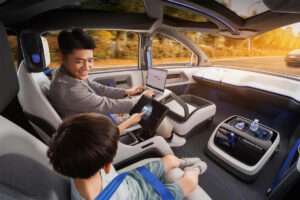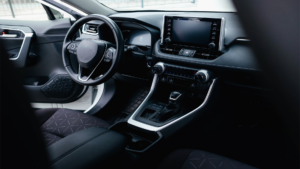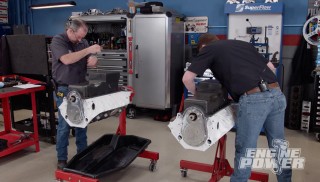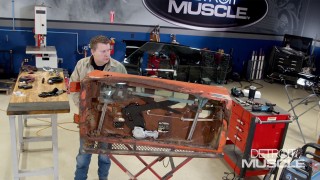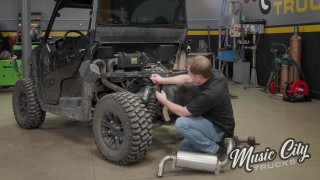Study Reveals That Most Americans Still Don’t Trust Self-Driving Cars
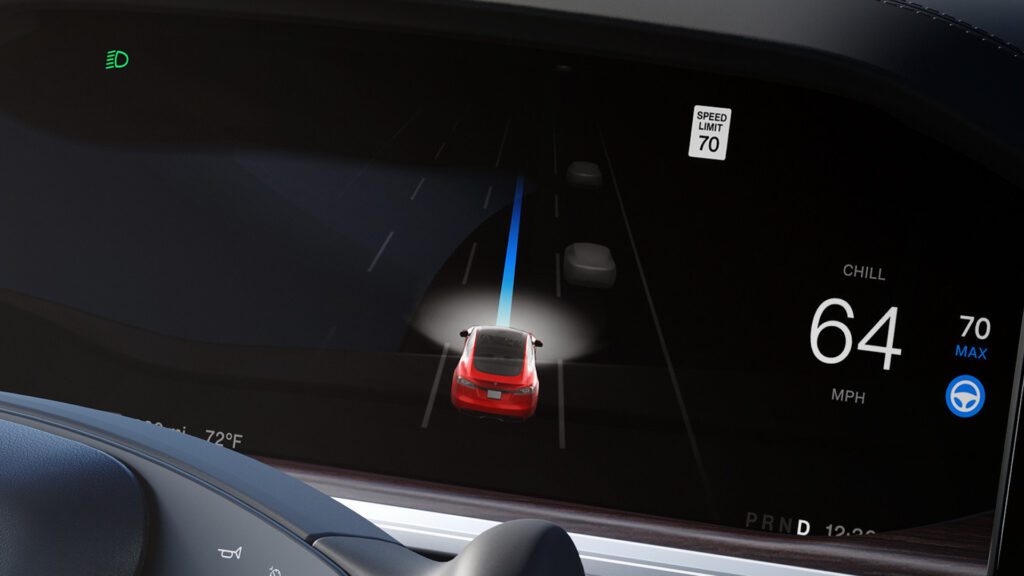
While a lot of us envision the idea of self-driving cars as being reliable and dependable, a recent study administered to 2,000 Americans has shown that an overwhelming majority still have concerns about the autopilot systems in some of today’s cars. Conceptually, a self-driving car is something you would see in a futuristic sci-fi film. But in reality, 93% of Americans don’t find them as trustworthy as a car being driven by a human being.
There Are Technically No Self-Driving Cars in the U.S.
In 2023, self-driving cars took a nasty hit when Tesla was slapped with a series of recalls to update the software responsible for its Autopilot system. Since then, many major auto brands have been researching ways to develop more reliable self-driving systems. But none of the vehicles currently in the U.S. are 100% automated as they require a real person to be fully alert and behind the wheel while the system is activated.
Some manufacturers have shown to be somewhat misleading in how they branded the technology behind their self-driving cars. Kelley Blue Book refers to this type of technology as “advanced driver assistance systems” (ADAS) because they still require human supervision. But some companies have marketed their technology using names like Autopilot or Full Self-Driving (Tesla), ProPilot Assist (Nissan), Drive Pilot (Mercedes), and Pilot Assist (Volvo), which many customers may interpret as a car that simply drives itself.
RELATED: Tesla Owner Spotted Asleep at the Wheel While Driving on California Highway
Most Are Reluctant to Trust Self-Driving Cars
According to the results of the study, only 12% of participants described themselves as “very trusting” of today’s autonomous driving tech, while 22% considered themselves as “somewhat trusting,” and a majority of the participants in the study were “very untrusting” of self-driving cars.
Skepticism and concern for personal safety were two major contributors to this question, and several real-life incidents to back it up. The most infamous was a pedestrian who was accidentally run over by a robotaxi after being hit by a separate car in San Francisco. The robotaxi in question was one of the units under GM’s Cruise automated taxi service. Since this incident, the state of California has suspended the robotaxi service, claiming that the company had misrepresented the safety concerns behind its automated vehicles.
While the technology powering self-driving cars is still in its infancy, incidents like this have contributed to the public’s reluctance to allow new technology to take the wheel.
Potential Benefits to Self-Driving Cars
While the study suggests that most Americans don’t necessarily trust automated vehicles at the moment, there is always the possibility that the technology behind them could be more refined, fostering more trust so long as it becomes more reliable. About one-third of participants in the study believed that they were “very likely” or “somewhat likely” to use or own a self-driving car in the next five years.”
Plus, the possibility of reliable self-driving cars would pose a huge benefit to individuals with physical disabilities, as well as mobility for the elderly.
While the concept of self-driving cars still remains as an utopian creature comfort, the technology to get there still has a long way to go.
Want to read more articles like this?
Join the PowerNation Email NewsletterRead More from PowerNation
- Chapters
- descriptions off, selected
- captions off, selected
This is a modal window.



